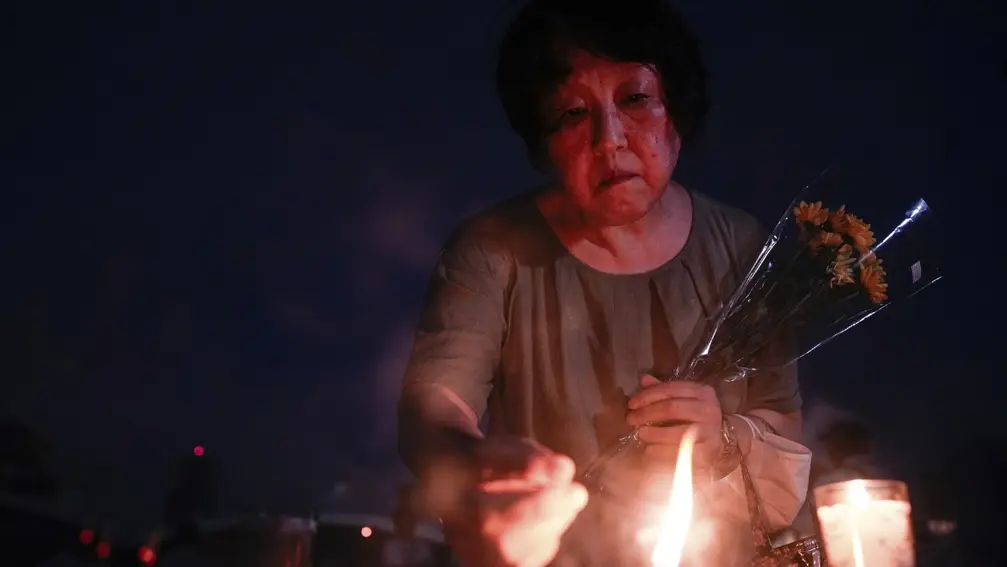T4K3.news
Hiroshima marks 80 years since the atomic bombing
Survivors and families push to preserve memories as the legacy fades.
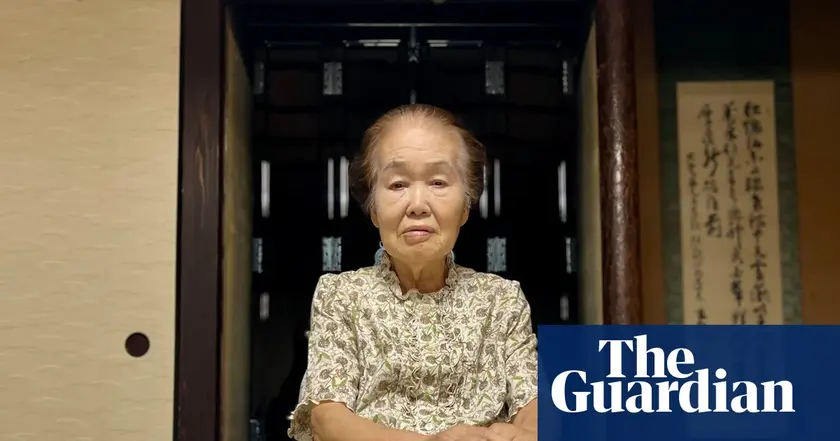
Eighty years after the atomic bombing, the legacy of Hiroshima's survivors faces a critical challenge.
Hiroshima survivors fight to keep their memories alive as numbers dwindle
Eighty years after the atomic bombing, the number of registered hibakusha, or survivors, has fallen below 100,000. Many, like Yoshiko Niiyama, still remember the horror of that day. Niiyama entered Hiroshima two days post-bombing, witnessing devastation and death. The atomic bomb, dropped by the Enola Gay, killed tens of thousands instantly, with total casualties reaching 140,000 by the end of 1945. Today, only a handful of these survivors can share their experiences. Niiyama remained silent for years due to societal stigma but opened up upon her granddaughter's inquiry. As 80 years pass, younger generations, like Kyoko Niiyama, are stepping in to document these stories. This shift comes as the world enters a new era of nuclear uncertainties, with nations expanding their arsenals. Survivors hope their messages will foster nuclear disarmament, a mission for which they received the Nobel Peace Prize last year. With time running out, Hiroshima's story must continue to be told, highlighting the consequences of nuclear warfare and the need for lasting peace.
Key Takeaways
"The hibakusha have spent their lifetimes courageously telling their stories again and again."
This highlights the dedication of survivors in sharing their experiences to educate others.
"I didn’t want to remember what had happened."
This reveals the profound trauma many survivors faced and their reasons for silence.
"These brave hibakusha deserve to have their decades of campaigning vindicated."
An acknowledgment of the survivors' efforts in the fight against nuclear weapons.
"It would be such a shame if I wasn’t able to tell them... that’s why I decided to ask my grandmother about the bomb."
This underscores the importance of intergenerational storytelling in preserving painful histories.
The dwindling number of hibakusha illustrates a profound challenge to preserving historical memory. As the few remaining survivors pass, their first-hand experiences of the atomic bombing face the risk of fading into obscurity. This is particularly urgent amid rising global tensions regarding nuclear arms, as new generations should understand the devastating impact of such warfare. The push to involve descendants like Kyoko Niiyama in storytelling is not just about remembrance but also about instilling a deeper awareness of the past's lessons. Hannah Arendt once wrote, "The hallmarks of evil are that it attempts to make the past unknowable to prevent the future from being the same." Therefore, the effort to document these stories is crucial.
Highlights
- A personal memory preserved can prevent a thousand future tragedies.
- Every voice silenced could be a lesson unlearned.
- Hibakusha stories remind us: the past is not just history, it's a warning.
- The future of peace lies in the memories of the past.
Tension Surrounds Nuclear Disarmament Efforts
As nations modernize their nuclear arsenals, the stories of atomic bombing survivors gain urgency but face potential neglect.
As the world confronts potential nuclear threats, the legacy of Hiroshima remains crucial in shaping our future.
Enjoyed this? Let your friends know!
Related News
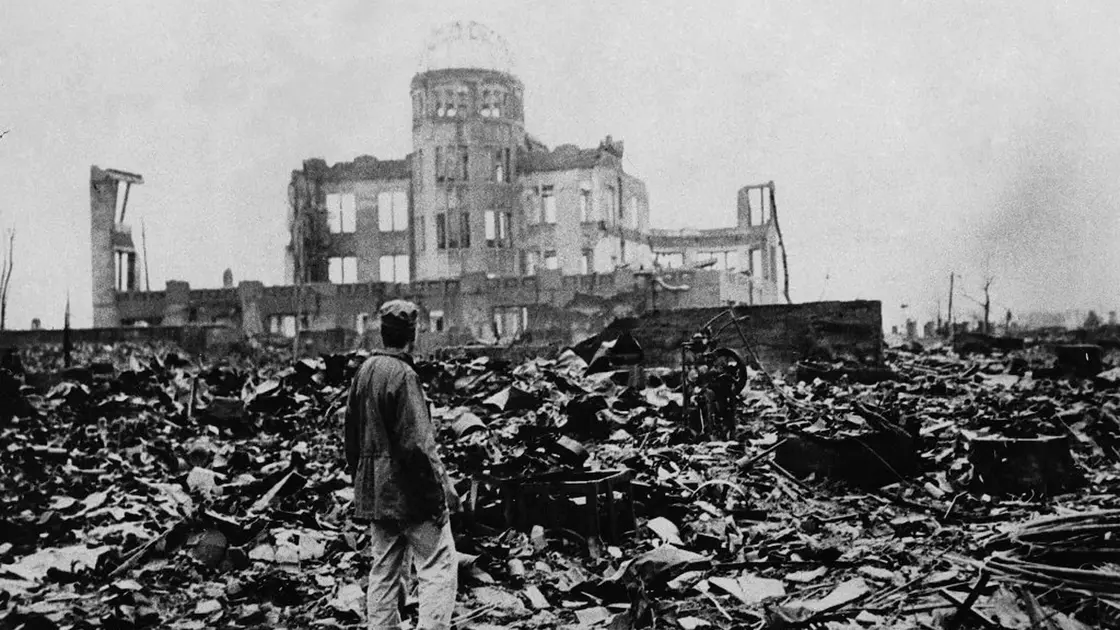
Japan marks 80th anniversary of Hiroshima bombing
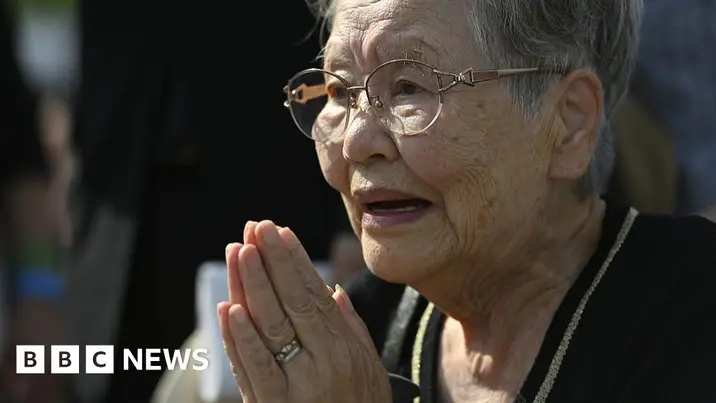
Hiroshima commemorates 80 years since atomic bombing
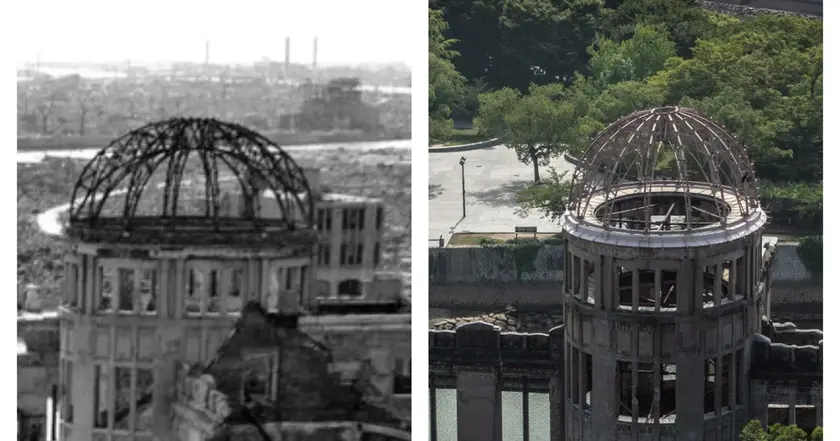
Commemoration of Hiroshima and Nagasaki bombings marks 80 years
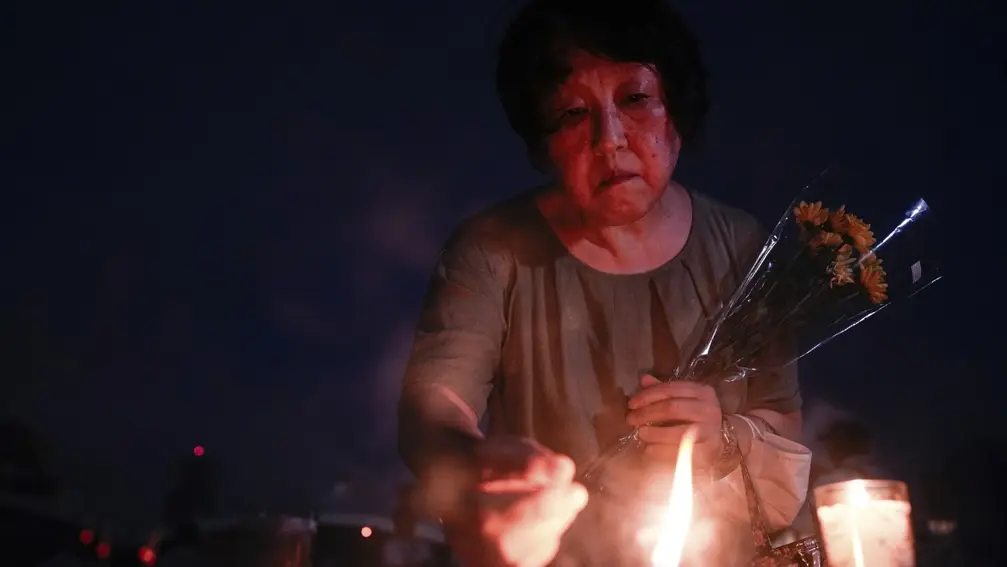
Hiroshima marks 80th anniversary of atomic bombing
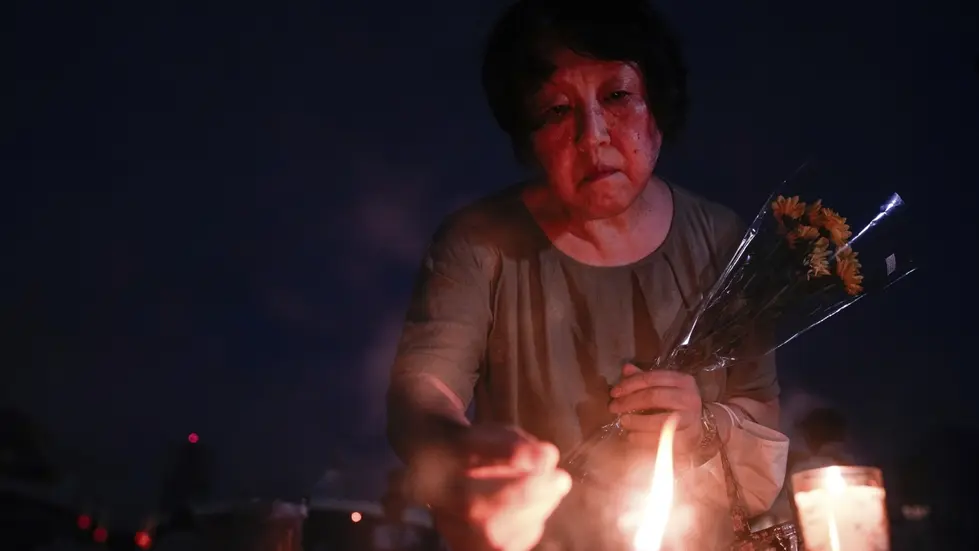
Hiroshima marks 80 years since atomic bombing

Friendship flight commemorates atomic bombings
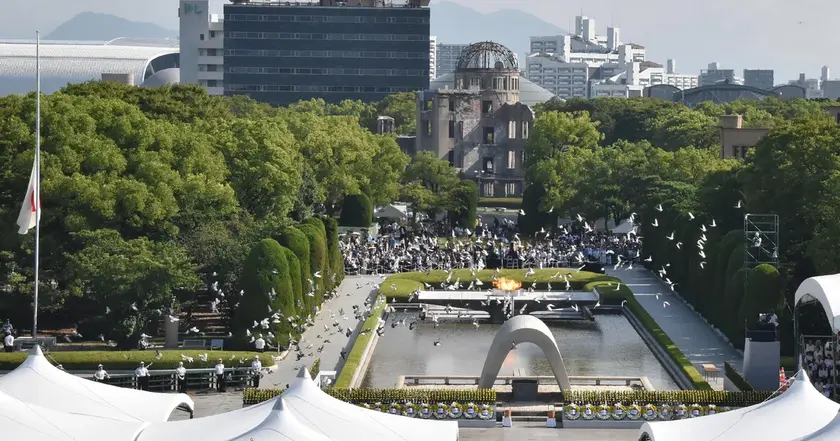
80th anniversary marks solemn reflection in Hiroshima
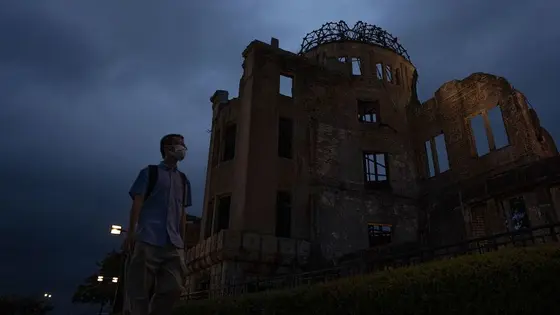
World marks Hiroshima's 80th anniversary amid nuclear tensions
